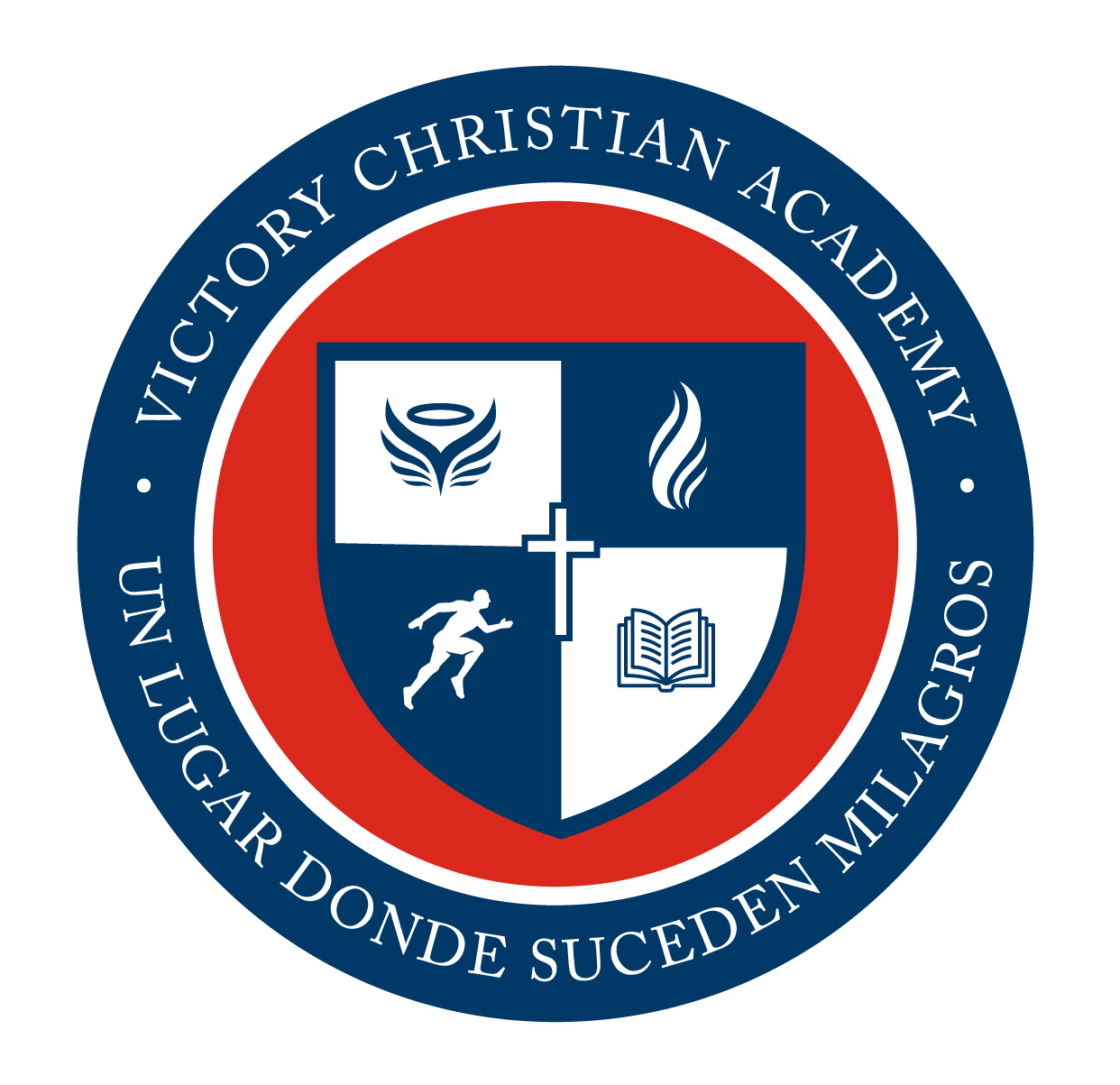Vitae Formation: The Body, Wonderfully Made
Vitae is the Latin word for “of life.” It is the root of *vita*, meaning “life” itself—physical life, moral life, eternal life. In the classical tradition, the word *vitae* evokes the full range of human existence: the body, the soul, and the vocation to live well. Vitae Formation is named for this truth. It is not just about health—it is about life, rightly lived.
Classical education has always sought to cultivate wisdom and virtue by forming the whole person. But for too long, the body has been left out of that vision—as if education were purely intellectual and health were merely physical. At Virtualis, we believe this separation is not only false—it’s harmful.
Vitae Formation restores the body to its rightful place in the classical tradition—not as a scientific object, but as a subject of wonder, purpose, and profound meaning. It is through the study of the body—its design, its frailty, its care—that students begin to understand what it means to be human. Like grammar or logic, health is a liberal art. And like the other liberal arts, it points beyond itself to something eternal.
Through the lens of health science, students encounter not just anatomy, but anthropology. They learn not just how the body works, but why it matters. This is not modern health class. It is a recovery of reverence—a curriculum that teaches students to behold the body as a gift, to steward it with virtue, and to honor its role in the unfolding of vocation and identity.
Health is a Liberal Art
In the classical world, the liberal arts were those studies that freed the soul and formed the intellect for truth. Health, rightly understood, belongs among them. Why? Because the habits of the body shape the capacities of the mind and heart. A restless child cannot reason well. A malnourished student cannot engage wonder. A child with no sense of bodily dignity will struggle to understand moral order.
Vitae teaches health not as a list of restrictions or medical alerts—but as a training in self-governance, moderation, and attention. Students develop habits of sleep, nutrition, movement, and rhythm—not for vanity or compliance, but for flourishing. They begin to see the body as a vessel of meaning, discipline, beauty, and joy. They learn that caring for their physical selves is not vanity—it’s stewardship.
Virtue Through Embodiment
Just as virtue is not learned through lectures alone, it is not formed apart from the body. Courage is trained in effort and endurance. Temperance is forged through discipline and delay. Justice is expressed through embodied respect. At Virtualis, we don’t isolate character from biology—we integrate them.
Students are introduced to the cardinal virtues through the daily formation of their physical lives. In what they eat, how they sleep, how they speak, and how they carry themselves, they practice prudence, courage, justice, and temperance. Our resources equip parents to guide this formation at home—linking moral language to everyday moments, and building habits that shape a soul over time.
A Pathway to Calling: Vocation in Healthcare
For many students, the study of the body awakens something more: a calling. Whether through medicine, counseling, fitness, or ministry, the human person’s care becomes a sacred vocation. Through Vitae, students begin to discern these paths early—not through technical career training, but through moral imagination, wonder, and service.
We expose students to the nobility of health vocations: not as jobs, but as responses to the human condition. We invite them to consider how the pursuit of health intersects with the dignity of life, the suffering of the body, and the needs of the soul. And we do so with deep reverence, grounded in Christian philosophy and classical theology.
Meet Dr. Dana Rodriguez
Dr. Dana Rodriguez, founder of Vitae Formation, has spent over two decades practicing pediatric medicine through the lens of formation. She believes that medicine is not merely a science—it is a stewardship of the person. And she has built her practice around the conviction that parents—not systems—must lead in that stewardship.
Her work reflects the heart of Vitae: health offered with dignity, truth without pressure, science with soul. She provides not only clinical expertise, but moral clarity, supporting families through the complexities of health decisions with compassion and confidence. That same conviction guides our students’ formation—through curriculum, mentoring, and optional telehealth access.
Telehealth Support, Not Systems
Modern systems isolate healthcare from education, turning both into mechanisms of compliance. We do something different. Through our partnership with the Vitae Clinic, families receive real, respectful support—without coercion. Our ESA-eligible services—including pediatric telehealth, parent consultations, and emotional wellness support—are available to all families, and may be fully covered for students with special needs under Arizona’s ESA program. Any health service that directly aids, supports, or facilitates a student’s learning—such as behavior guidance, medication consultation, executive function coaching, or developmental care—is eligible for funding through the Special Needs ESA. All Vitae services are delivered within this framework, grounded in a biblical understanding of the body and a classical philosophy of formation..
This is not about replacing parents. It’s about equipping them. Whether guiding a student through health decisions, emotional struggles, or vocational discernment, our team walks beside your family—never in place of it.
Classical. Christian. Embodied.
Vitae Formation is more than a program. It is a reformation—one that places the body back into the conversation about truth, goodness, and beauty. It teaches students to revere what God has made, to care for it with wisdom, and to live in a way that integrates heart, mind, and strength.
Because when the body is formed alongside the soul, education becomes something more than preparation. It becomes transformation.
